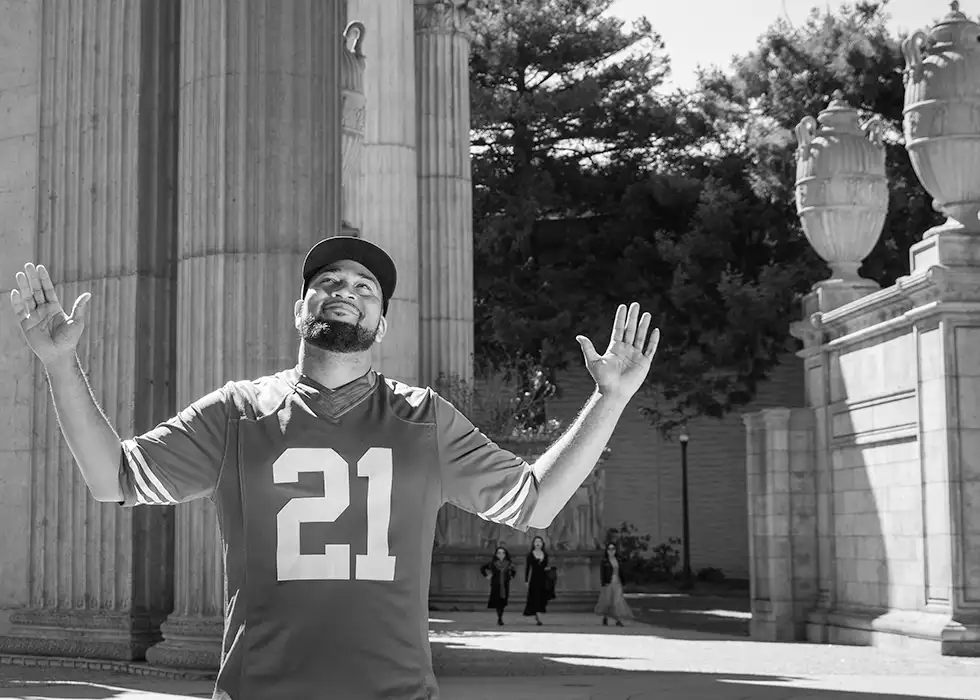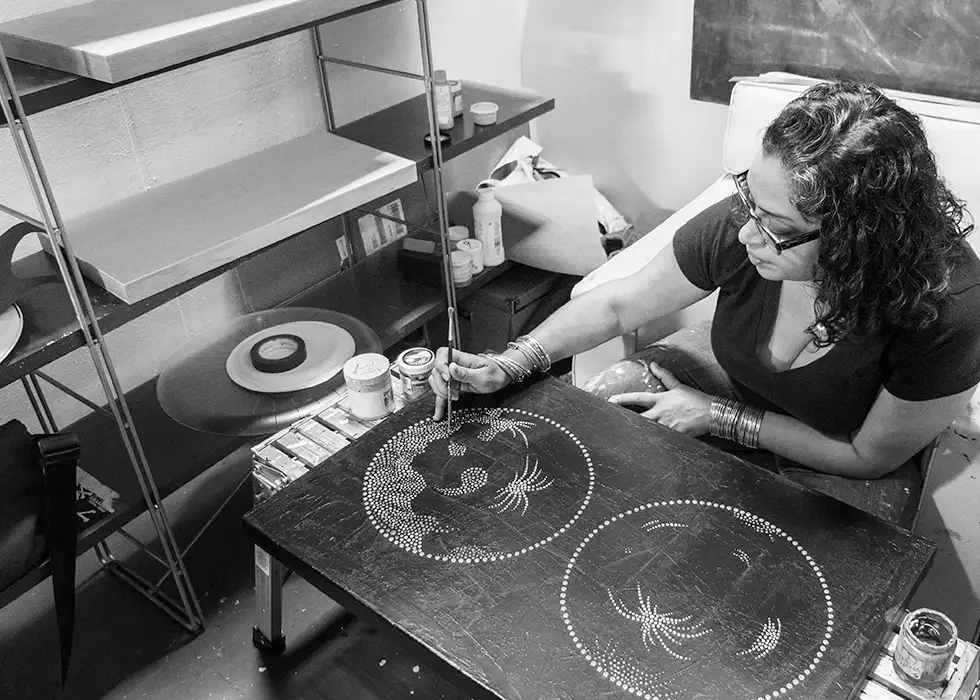What to Know Before You Borrow
In its most basic sense, credit means having the use of something before you pay for it. This ability to borrow adds flexibility to planning and makes it possible to pay for expensive items over a period of time.
There are many types of credit that you can choose from, and each has its own terms and purpose.
1. Secured credit
With secured credit, an asset (called collateral) secures the loan. Because of this security, the lender assumes minimal risk – if you miss a certain number of payments, they can take the collateral.
The lender doesn’t have to go the expense and hassle of taking you to court and winning a judgment before foreclosing on your home or repossessing your car.
There are two types of secured credit. It may either be a loan (closed-end) or a line of credit (open-end).
2. Secured, closed-end
With secured, closed-end loans, the item you purchase is held as collateral. The balance is calculated into equal monthly installments that you repay over a specific period of time.
Common examples of secured, closed-end credit include home, vehicle, and boat loans.
Why get a secured, closed-end loan? It is usually the best, and often only, way to buy very expensive items. Sure, it is possible to buy a car with a credit card, but the interest rate would be far higher than what you could get if the loan is secured by the vehicle.
3. Secured, open-end
Secured, open-end credit is a type of revolving credit that is secured by a cash deposit or an asset. These debts can be repaid in a single, multiple, equal, or unequal payments.
Examples of secured, open-end credit include home equity lines of credit and secured credit cards.
Why get a secured, open-end line of credit? Interest rates for home equity lines of credit are typically low, and you can usually deduct some of the interest from your income taxes.
Remember, though, that these are secured loans. If you can’t meet the payments, your home is in jeopardy.
Secured credit cards allow you to begin in the world of credit or rebuild damaged credit. All you need to do is put down a small deposit as security and you can start charging – and building a positive credit history.
4. Unsecured credit
Lenders grant unsecured credit without requiring anything from you as security. There is a considerable amount of risk on the lenders part, because if you fail to pay, they have to take legal action to recoup the money they lent.
This is why unsecured credit generally carries a higher interest rate than secured credit. However, if you have proven yourself as a good credit risk (by having a long history of borrowing and repaying money responsibly) the interest rates can be attractive.
As with secured credit products, unsecured credit also comes in closed-end and open-end forms.
5. Unsecured, closed-end
Loans requiring no collateral are types of unsecured, closed-end credit. They are sometimes referred to as signature loans or personal loans, and as with any loan, you are expected to repay it in equal, monthly installments.
Why get an unsecured, closed-end loan? They can be great for consolidating debt or for purchasing an item that you want to repay over a specific number of months or years.
With a loan, you reduce your balance gradually and steadily with each payment you make – as opposed to a credit card where it is possible to maintain a never-ending balance.
6. Unsecured, open-end
Credit cards are unsecured, open-end credit instruments. The financial institution sets such terms as your credit line, interest rate, and grace period (the number of days you have to pay before finance charges are added to the balance).
You will receive monthly bills, and the minimum payment due is based on a percentage of your current balance and sometimes the interest rate. If you spend more than your limit or pay after the due date, you’ll be charged late-payment fees.
There are several types of credit cards: general-purpose cards can be used virtually anywhere, and retail cards may only be used at particular retail establishments, such as a department store or gas station.
Why get an unsecured, open-end line of credit? Credit cards are valuable payment tools. If you use them regularly and stay out of debt, you may qualify for “premium” cards, which come with a high credit limits, reward programs, and enhanced customer service.
Credit cards with reward programs offer points, rebates, or cash-back rewards where the more you use them, the more benefits you receive.
When you use credit cards responsibly, you create an excellent credit history, which will help you finance “big ticket” items like a home or vehicle at the very best interest rates.
Stay informed
Whichever type of credit you get, read and understand the terms before you sign, and be sure to only borrow what you need and can repay. It is incredibly easy to take on more debt than you can afford.
Whether the balance is secured or unsecured, the consequences for falling behind can be severe. However, if you borrow wisely, you can come out ahead and achieve your financial goals quickly and affordably.




